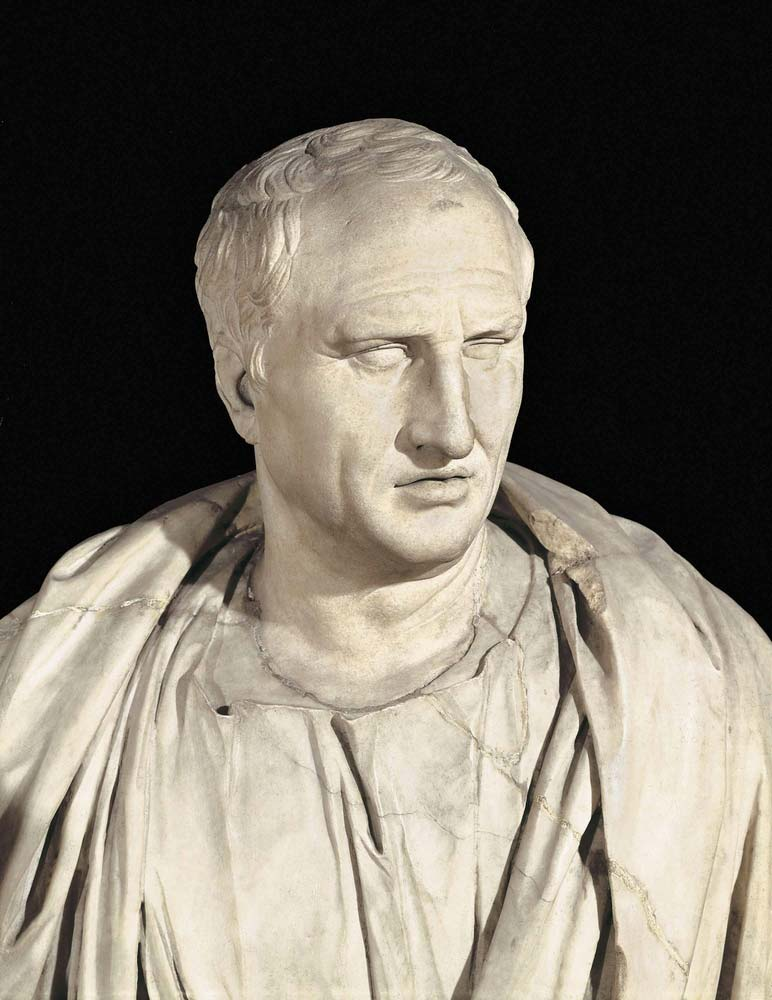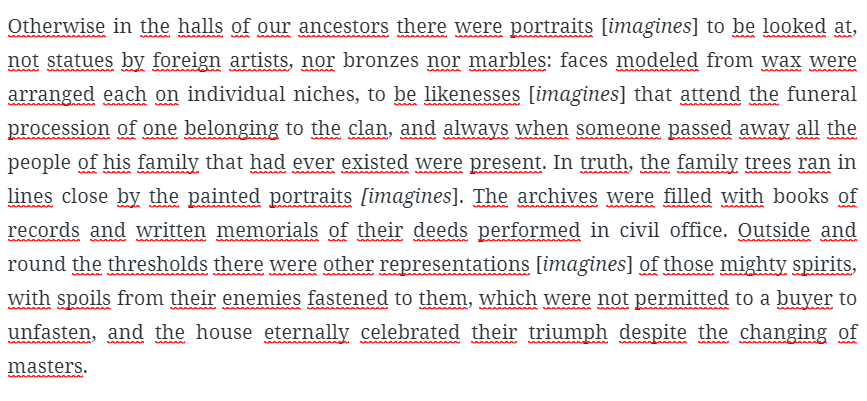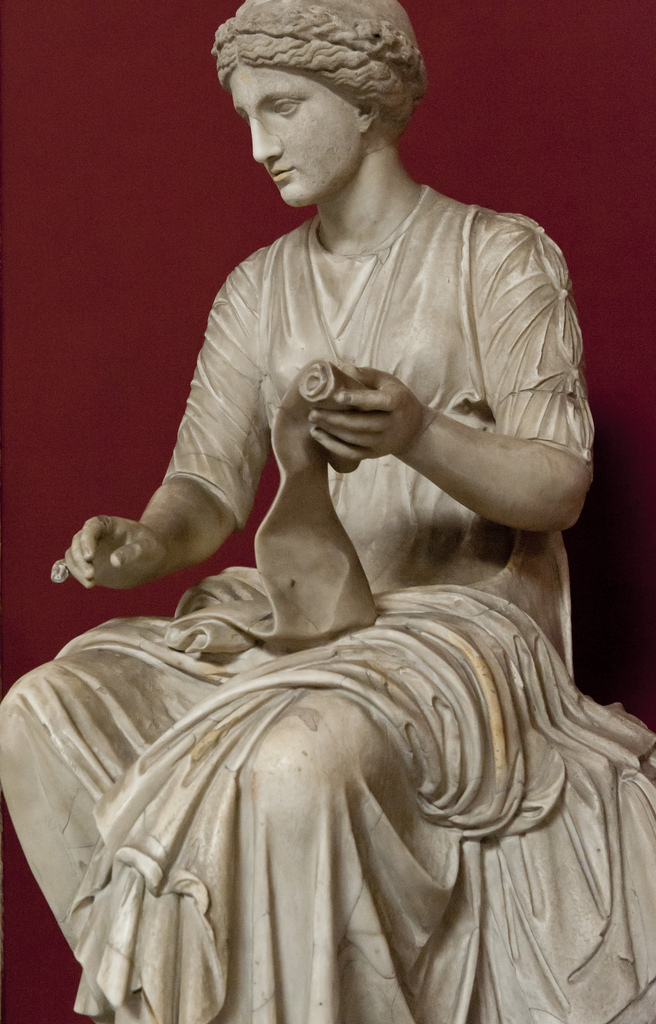Modern historiography is (mostly) nothing but a tool for spreading lies and propaganda among European peoples and the populace in general. But it has not always been so and once the function of historical writing was completely different. As among Romans, for exemple.
Cicero says, on Orator, 120:
“To be ignorant of what occurred before you were born is to remain always a child. For what is the worth of human life, unless it is woven into the life of our ancestors by the records of history?"
“To be ignorant of what occurred before you were born is to remain always a child. For what is the worth of human life, unless it is woven into the life of our ancestors by the records of history?"
He means: as long as we don't remember the deeds of our ancestors, we are doomed to remain children, to not grow up, i.e., to not become who we are meant to be. Remembering we entwine our lives to theirs and thus become ourselves as the reincarnated ancestor.
That was the innermost reason of early Roman historioraphy. In fact, Romans kept in their halls the records of the deeds of the family's ancestors along imagines [marble busts modelled from death masks of wax] of them.
"Muse" comes from μοῦσα, whose root comes from Proto-Indo-European *men- (to think) - the same PIE root is also present in English word "mind" and Latin "memoria" (memory), for exemple. "Clio" comes from κλέω "to recount", a verbal form obviously related to κλέος, "fame, glory".
That said, I conclude saying the historian was much like the aoidos, for "he remembers/reminds others of the glory and honour of the(ir) dead ancestors, thus bringing them back to life, like the midwife", as @Auslandsgruppe1 puts it. Thanks for reading. https://twitter.com/Auslandsgruppe1/status/1231601398187528193?ref_src=twsrc%5Etfw

 Read on Twitter
Read on Twitter
![That was the innermost reason of early Roman historioraphy. In fact, Romans kept in their halls the records of the deeds of the family's ancestors along imagines [marble busts modelled from death masks of wax] of them. That was the innermost reason of early Roman historioraphy. In fact, Romans kept in their halls the records of the deeds of the family's ancestors along imagines [marble busts modelled from death masks of wax] of them.](https://pbs.twimg.com/media/EdO9nITXsAAchp-.png)




